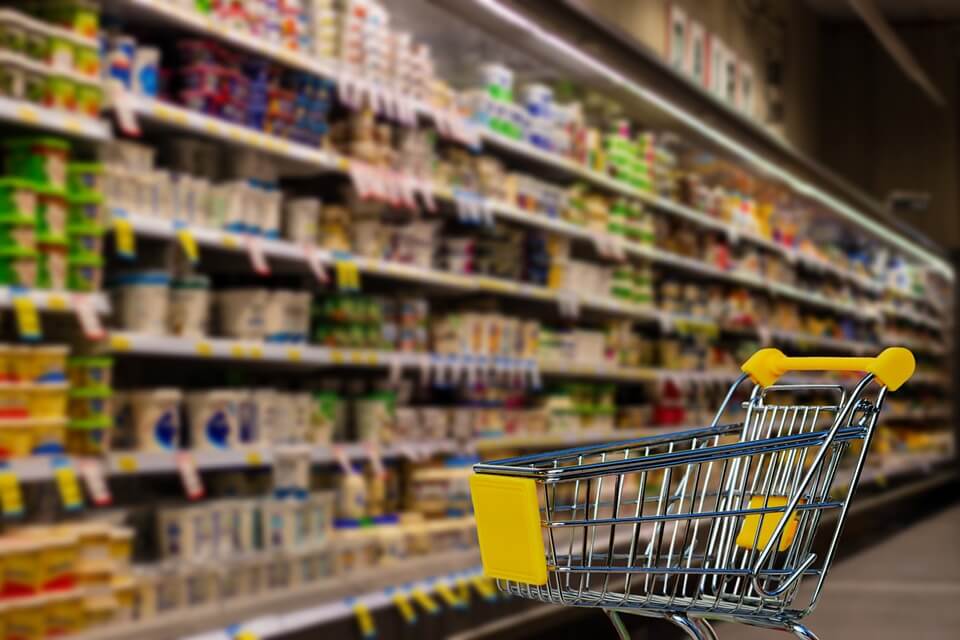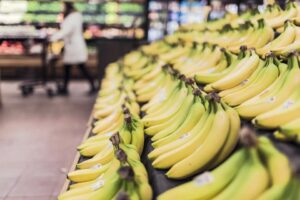Yes, it is possible to get a loan to pay for groceries. Groceries are a fundamental part of our daily lives. However, the costs can quickly add up, especially for families or individuals on a tight budget.
In some cases, unexpected circumstances such as a job loss, medical emergency, or other unforeseen events may leave individuals struggling to afford basic necessities like groceries. In times of financial hardship, putting food on the table can be a struggle. When things get tough, it’s natural to look for ways to get fast cash, and taking out a loan to pay for groceries may seem like a tempting option.
In this article, Pheabs explores whether getting a loan to pay for groceries is a good idea, what types of loans are available for this purpose, what to look out for and alternative options that should be considered.
What Can You Use A Grocery Loan For?
Grocery loans can be used for essential food and household items such as:
- Fruit
- Vegetables
- Grains
- Dairy Products
- Cleaning Products
- Washing Detergents
- Toilet Paper
What Loans Are Available To Pay For Groceries?
There are many different types of loans available that can be used on basic expenses such as the food shop. The 3 most common types of loans are summarized in the table below:
| Payday Loans |
Payday loans are short-term loans that are typically due on your next payday. These loans offer a quick and easy way to get cash when you need it, but they can come with high-interest rates and fees. Payday loans can be tempting because they don’t require good credit scores, but they can quickly lead to a cycle of debt that can be difficult to break out of. So it is essential to only go down this route if you are certain that you will be able to afford repayments on your upcoming paydays. |
| Personal Loans |
Personal loans are typically unsecured loans that allow you to borrow a fixed amount of money that has to be paid back with interest over a set period of time. Personal loans can be used for a variety of purposes, including paying for groceries. However, personal loans typically require good credit scores, and the interest rates can be high if your credit score is low. Additionally, the application process can take several days, so if you need money quickly to pay for groceries, you would need to plan this in advance. |
| Credit Card Loans |
Credit card loans are another option. If you have a credit card, you can use it to pay for groceries and then pay off the balance over time. However, credit cards often come with high-interest rates, and if you don’t pay off the balance quickly, you can end up paying much more than the cost of your groceries in interest. It’s important to carefully review the terms and fees associated with the credit card before considering it as a means to pay for your food. If you already have a lot of credit card debt, taking out another credit card loan may not be a good idea. |
These loans are typically provided by banks, credit unions, payday loan stores or online lenders, and they may require borrowers to go through a credit check, provide collateral and meet other eligibility criteria. There are a lot of risks to consider since these financial products tend to come with high interest rates and fees that can add up quickly. So if you are already struggling to make ends meet, taking on additional debt could make your financial situation worse.
You should therefore think carefully about whether this is the right option for you and make sure that you would be able to pay back the loans on time. Not only could you incur extra charges by missing repayments, but you could also damage your credit score.
What Are Alternatives To Taking Out A Loan To Pay For Groceries?
In addition to traditional loans, there are alternative options available for those who may need help paying for their groceries. These options may be more accessible to individuals with poor credit or other financial challenges, and they can provide temporary relief during times of financial distress. Examples include:
Applying for Government Assistance
If you’re struggling with your finances, there are government assistance programs that can help. Programs like the Supplemental Nutrition Assistance Program (SNAP) provide food assistance to low-income individuals and families.
Using a Food Bank
Food banks provide free food to those in need. Many food banks also provide other services, such as job training and financial counseling. To find a food bank near you, you can look at organizations such as Feeding America.
Cutting Back on Expenses
If you’re struggling to pay for groceries, it may be time to start budgeting more carefully by taking a hard look at your expenses and seeing where you can cut back. Canceling unnecessary subscriptions such as a gym membership that you barely use could be a good place to start.
Cooking at home instead of eating out, meal prepping and shopping for bargains can all help you to save money on groceries. You can also see our guide on ‘10 Tips To Save At The Supermarket’ to help reduce your overall food bills. Examples include buying non-branded products which tend to be just as good quality but at a more affordable price.
Exploring Ways To Increase Your Income
Getting creative and starting a side hustle, freelancing or taking up a second job will certainly help you get some extra dollars to pay for your food bills. You could also consider selling unwanted items you no longer use anymore via a garage sale or through online platforms such as eBay.






